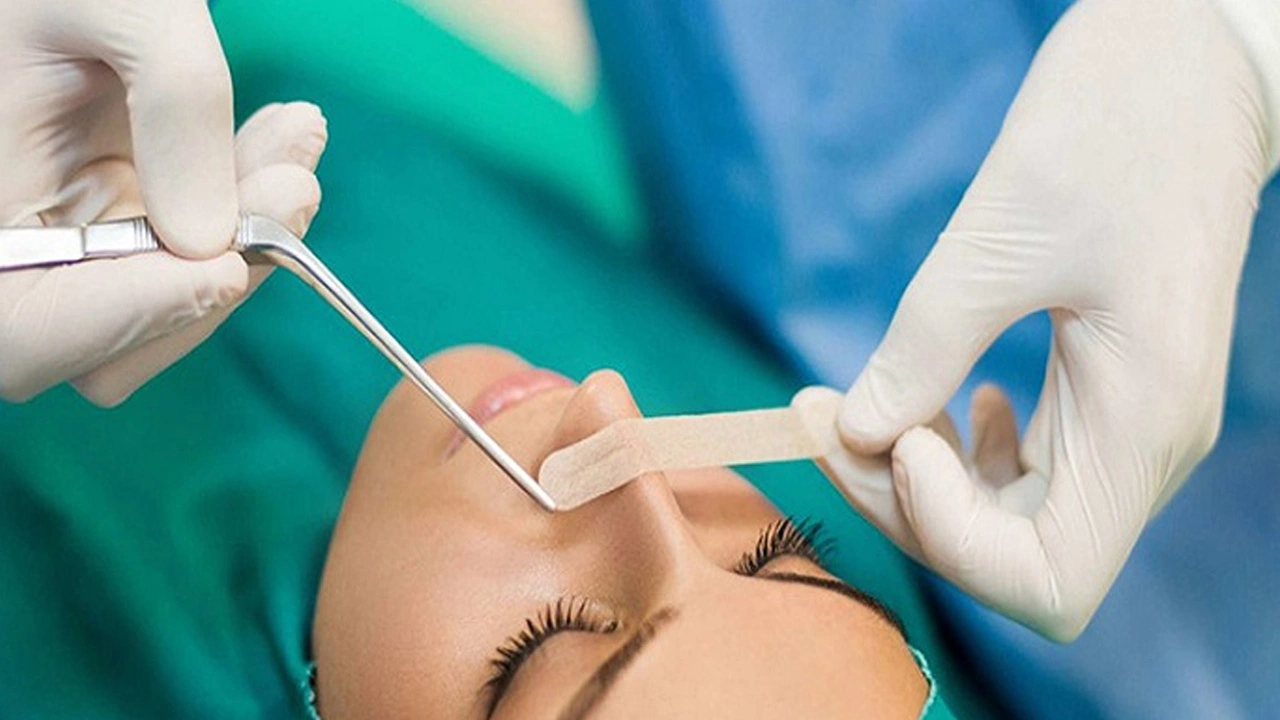Cosmetic rhinoplasty procedures typically don’t fall under health insurance’s coverage, while functional (to improve breathing issues) rhinoplasty surgeries frequently are.
Experienced and dedicated surgeons put your needs before costs.
Your surgeon should provide an estimated total price that includes anesthesia costs, facility/operating room fees and surgery center costs during your consultation.
Surgeon’s Fee
Your surgeon’s fee makes up the bulk of your rhinoplasty cost and may vary based on their experience, reputation and location. An experienced surgeon should charge more than those with less experience.
An experienced surgeon practicing in high-cost areas typically charges more for services due to higher operating expenses that must be covered.
Certain surgeons offer financing solutions to assist their patients in covering the costs associated with rhinoplasty surgery. While financing might make the procedure more affordable, be mindful that all financing arrangements come with their own set of terms and conditions that you must read through carefully prior to signing any contracts or agreeing to financing arrangements.
Anesthesia
Rhinoplasty is a surgical process used to change the shape and size of your nose. It can alter nostril width or size, correct an upturned nose, and even get rid of dips on your nasal bridge.
Anesthesia is an essential element of rhinoplasty surgery and an integral factor of its cost. Many surgeons opt for general anesthesia for the procedure as this enables them to monitor your entire body while you sleep and minimises bruising, swelling and bleeding during the procedure.
An experienced rhinoplasty surgeon will ensure that you’re comfortable with your choice of anesthesia during a personal consultation, explaining options and costs to help you decide what’s right for you – you may even discuss financing through some clinics.
Pre-Surgical Expenses
Rhinoplasty improves breathing and appearance, giving patients greater self-esteem in both personal and professional lives. As a result, they often report feeling happier overall.
Experience and reputation are two key components in determining rhinoplasty costs, so an established surgeon with many patient referrals and glowing reviews may charge more.
Anesthesia and facility fees are also part of the total cost associated with rhinoplasty surgery, and may vary depending on whether it takes place at a hospital, surgery center or private practice.
Additional expenses may include medical tests such as chest X-rays, blood work and pregnancy testing that may be recommended by your surgeon to make sure you are healthy enough for surgery and detect potential complications that are typically not covered by health insurance plans.
Post-Surgical Expenses
Rhinoplasty is considered cosmetic surgery and therefore not covered by health insurance plans; however, when combined with septoplasty for breathing issues or to repair damage due to injury, part of its cost may be covered by medical plans.
Prior to surgery, your surgeon will conduct various medical exams to ascertain whether or not you are healthy enough for it. These may include blood work, physical exam and photographs taken from different angles of your nose.
An exceptional surgeon may be in high demand and likely charge higher for their services; therefore, it’s essential that you find one you can trust with proven results.
Insurance
Unfortunately, medical insurance usually does not cover rhinoplasty procedures as most insurance providers view them as cosmetic and elective; thus, they do not reimburse for them.
However, there may be exceptions: functional rhinoplasty to address breathing obstruction issues (for instance a deviated septum) may be covered by insurance policies.
To determine whether your rhinoplasty will be covered by health insurance, it’s essential that you discuss this during the initial consultation. By discussing it upfront and planning accordingly, any surprises post-surgery can be avoided. Your insurance provider and benefits specialist are two trusted sources that can provide accurate details regarding coverage; in addition to asking about financing options at your clinic.
Disclaimer: The content on this blog is intended for general informational purposes only. It is not a substitute for professional medical advice, diagnosis, or treatment. Always consult qualified healthcare providers for personalized advice. Information regarding plastic surgery, dental treatment, hair transplant, and other medical procedures is educational and not a guarantee of results. We do not assume liability for actions taken based on blog content. Medical knowledge evolves; verify information and consult professionals. External links do not imply endorsement. By using this blog, you agree to these terms.





